Preschool education is an important step in lifelong learning and lasts until children begin formal schooling. In preschool, children can engage in sports, explore their surroundings, create art, gather knowledge, and develop problem-solving skills. Schools are safe spaces for children from various backgrounds, abilities, and experiences. Early childhood programs help your child to build a solid foundation for future learning across all educational stages. Preschool education plays a significant role in a child’s social, emotional, and physical growth.
Preschool focuses on social and emotional growth. Through play and group activities, kids learn important skills like sharing, taking turns, and working together. They form lasting friendships and enhance their emotional understanding, learning to express their feelings in a caring setting.
- Social and emotional development
- Cognitive and language development
- Preparation for school
- Holistic growth
- Improved communication abilities
- Motor skill development
Starting preschool helps children to interact with their peers and learn important social skills. They form friendships, learn to share, take turns, and work together through play and group activities. They also develop their emotional intelligence by recognising and expressing their feelings in a caring setting. This early social experience gets them ready for future school life and helps them build strong relationships as they grow.
Preschool is a key time for rapid growth in thinking and language skills. The curriculum often emphasizes early reading and math, setting the stage for later academic success. Children learn about letters, numbers, shapes, and colours, while also improving their listening and speaking abilities. These foundational experiences boost their understanding and communication skills.
Preschool plays an important role in transitioning from home to formal education. It introduces children to a structured learning environment and helps them get used to a routine. By following a daily schedule, they build self-discipline and organisational skills. They learn to follow directions, raise their hands to speak and participate in group discussions. These early experiences foster independence, confidence, and a love for learning, preparing them for the challenges of primary school.
Preschool programs focus on the overall growth of children, covering their physical, mental, emotional, and social well-being. Activities in preschool often include art, music, physical education, and outdoor play, which help develop both fine and gross motor skills. Children can express their creativity, explore their interests, and gain an appreciation for the arts.
The interactive experiences in preschool help children enhance their communication abilities. This nurturing environment allows them to express themselves openly and develop strong communication skills. Teachers support children in sharing their thoughts, ideas, and feelings, which boosts their language skills and confidence. Preschool also encourages active listening, teaching children to focus and respect different opinions during group activities. These skills are essential for effective communication in future academic and social situations.
Preschool activities include physical play and exercises that aid in developing children’s motor skills. Children enthusiastically engage in various physical activities, improving their coordination, balance, and strength, which contributes to their overall physical growth. Fine motor skills are also developed through drawing, painting, and handling small objects, enhancing hand-eye coordination and dexterity. Building these motor skills during preschool is vital for children’s physical development and encourages a healthy, active lifestyle.
Difference between kindergarten and preschool
Preschool and kindergarten may seem alike, but they are different stages in early childhood education. Both provide a fun learning environment where kids learn best through hands-on activities. Children who go to preschool tend to do better when they start kindergarten.
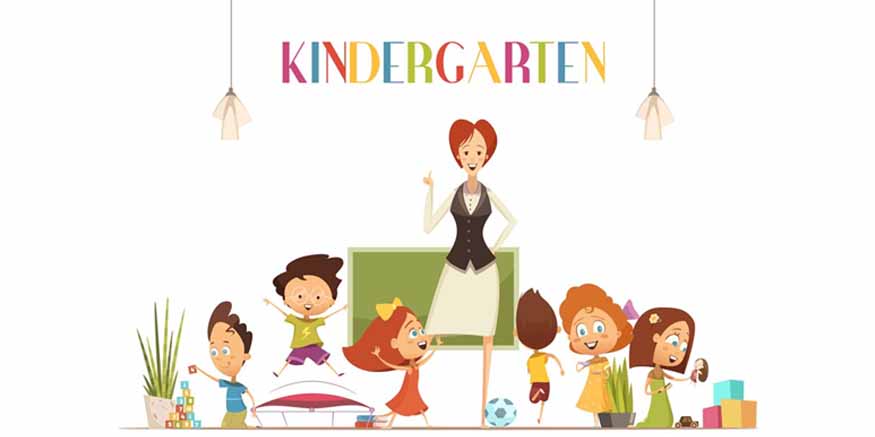
The key difference lies in the age and development of the children. Preschool typically serves kids aged 2 to 4 years, while kindergarten is for those aged 4 to 6 years. Both programs focus on teaching social skills, reading, writing, and math. Preschool focuses on building a strong foundation for learning, emphasizing social and emotional growth, whereas kindergarten provides more structured lessons and essential knowledge.
Conclusion
Preschool education focuses on building a strong base for a child’s future success in school and social settings. The key goals include promoting cognitive growth, improving language and literacy, encouraging social and emotional development, and aiding physical growth. Through fun and suitable activities, preschool programs help children develop critical thinking, problem-solving skills, and a passion for learning.
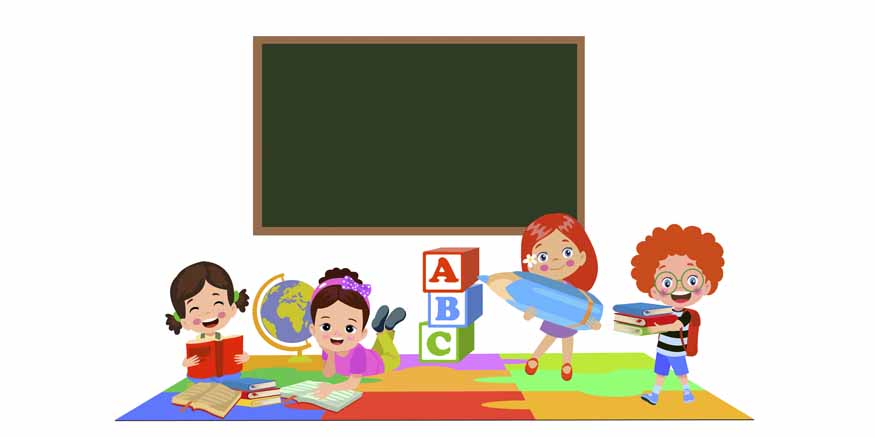
At Mother’s Pet Kindergarten, we offer a caring and well-rounded approach towards your child’s early education. Our curriculum enhances language skills through storytelling, rhymes, and improving gross motor skills with activities like running and jumping. We nurture cognitive skills through listening and understanding exercises. We also prioritise social and emotional growth at Mother’s Pet Kindergarten, giving children plenty of chances to play together and build positive relationships. Our comprehensive approach ensures that children are ready not just academically, but also socially and emotionally for their future education.
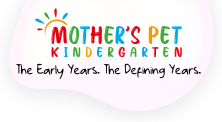
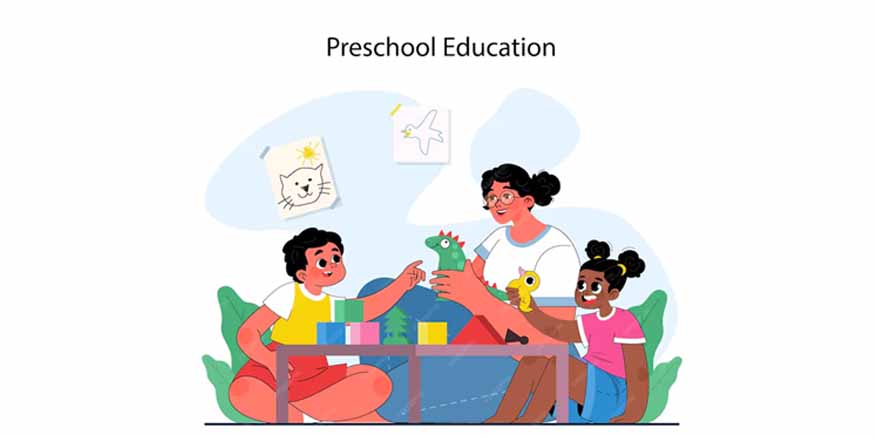
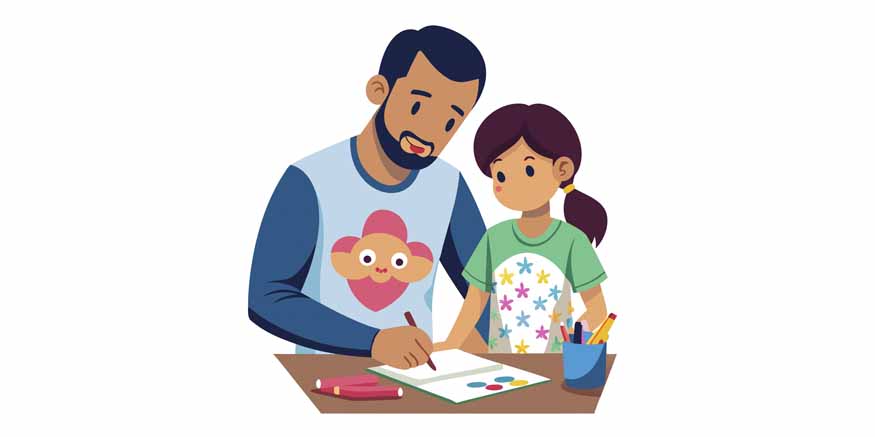

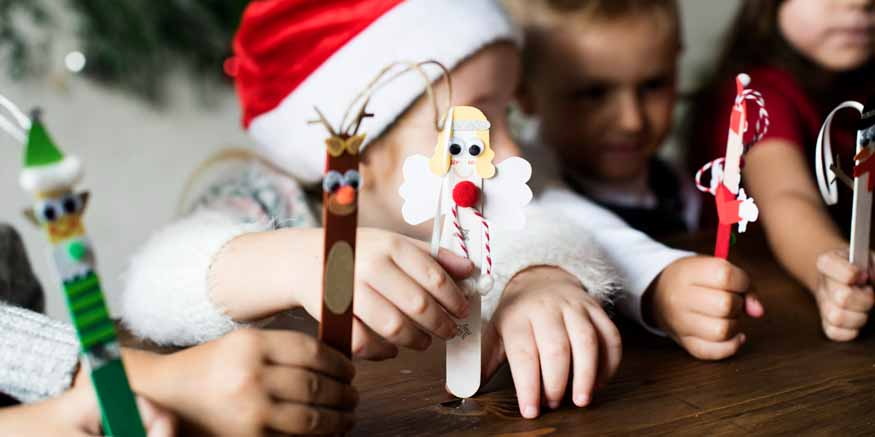
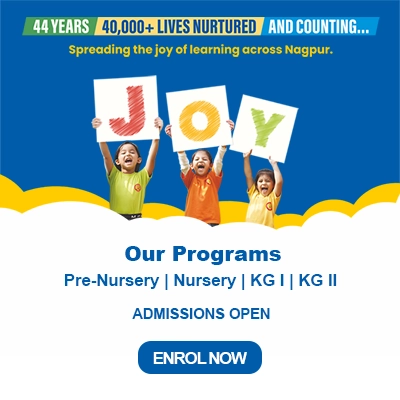
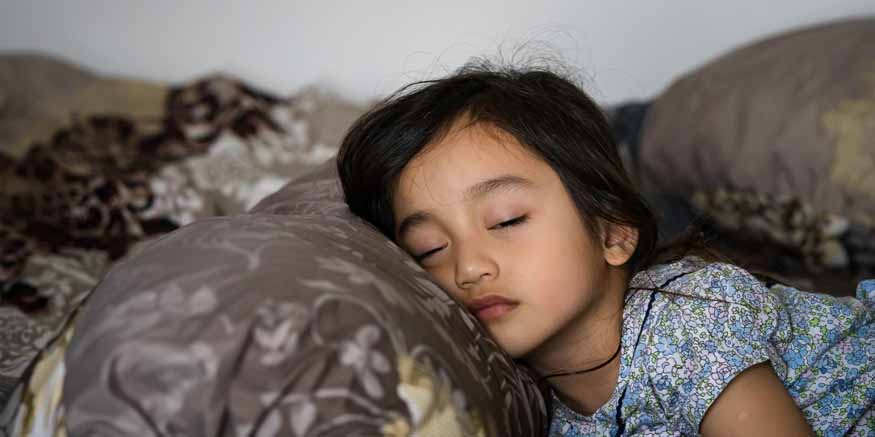
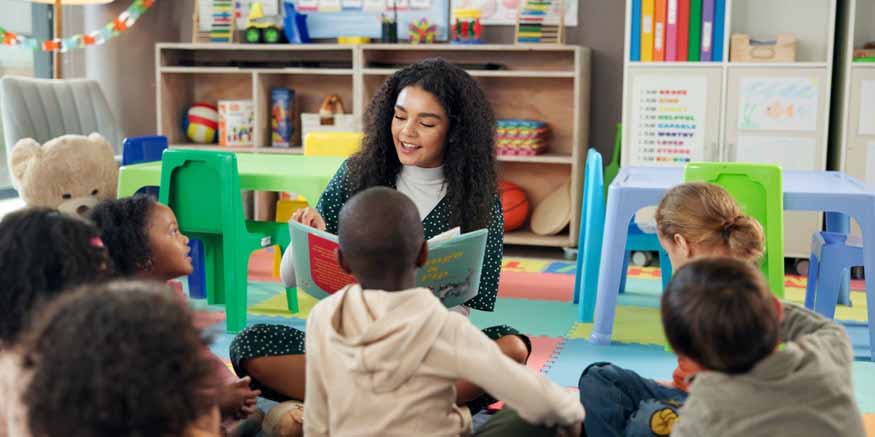
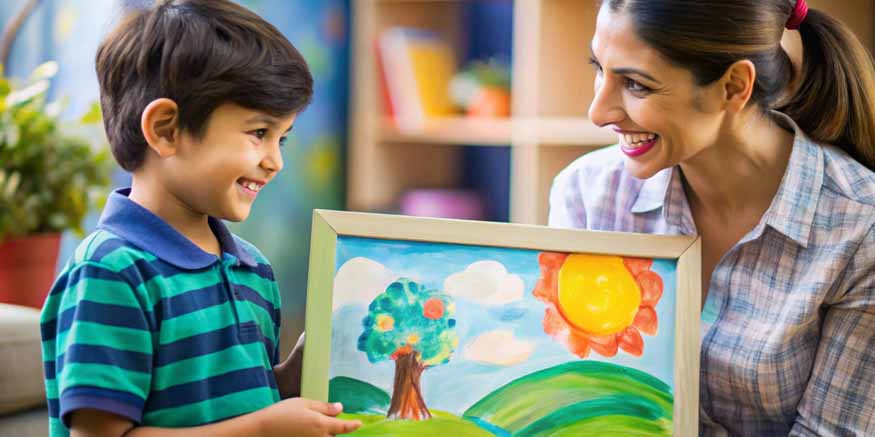
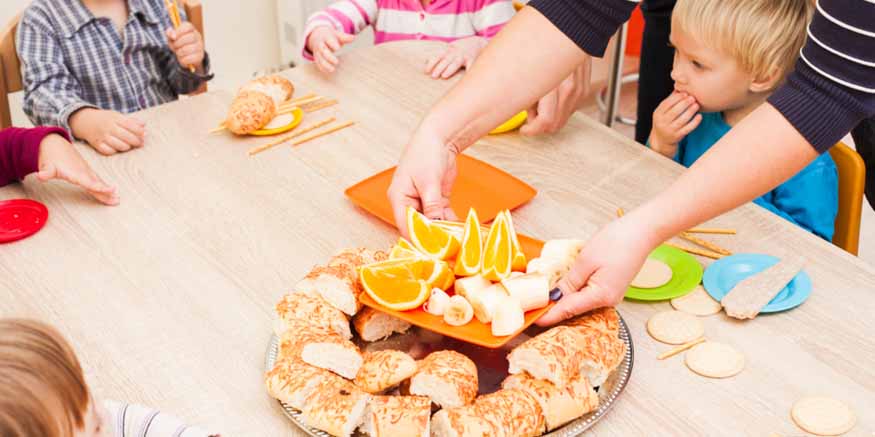

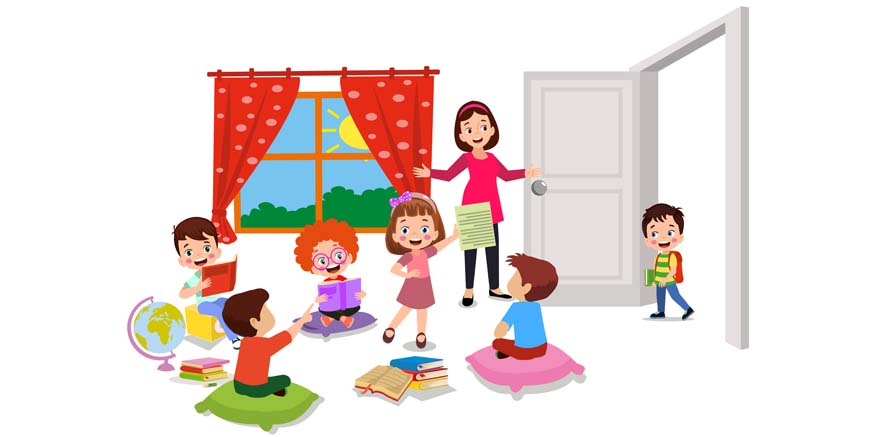

Recent Comments